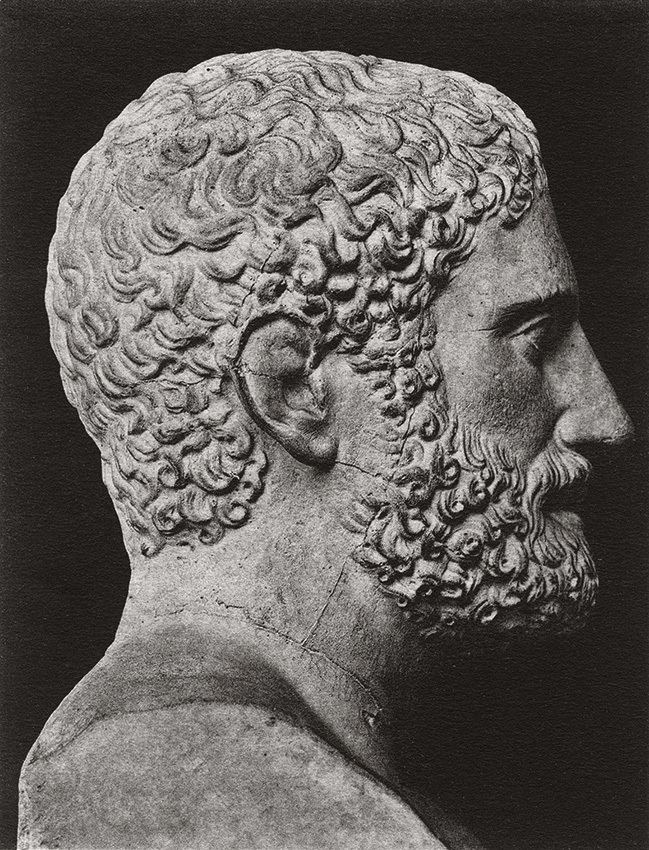
ADVERTISEMENT - CONTINUE READING BELOW
11. Solon Returned to Ancient Athens to Find Factionalism and a Would-be Tyrant
As seen above, after he enacted his reforms, Solon left Athens for a decade. When he returned, the Lawgiver discovered that his city-state had divided into regional factions, one of them controlled by Peisistratos, a popular general. Solon suspected that Peisistratos planned to overthrow the government and set himself up as a tyrant. He was not wrong. To be fair to Peisistratos and other ancient Greek tyrants, however, it should be noted that the word “tyrant” in that time and place did not carry the modern connotations of brutal oppression.
Instead, a tyrant was more narrowly defined as a populist strongman who, often with a support base of commoners excluded from power by an aristocracy, overthrew an oligarchy and replaced it with his own one-man rule. Many tyrants were wildly popular – except with the aristocracy and the aristocrats whom they had removed from power, of course. Commoners had little power in the aristocratic system, so they were no worse off ruled by one tyrant than when they had been when they were ruled by a clique of nobles.

